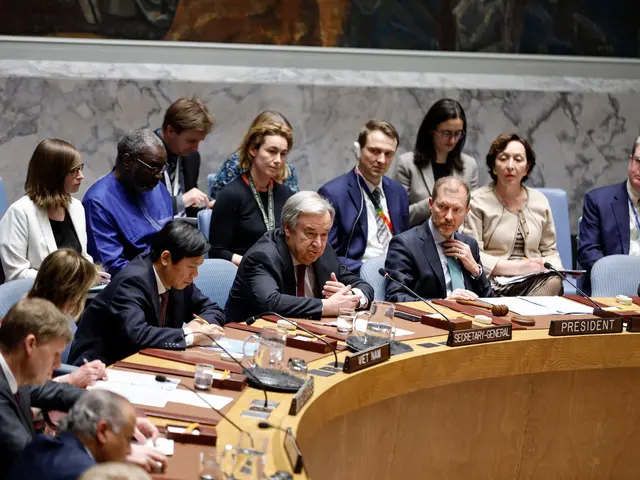UN Secretary-General Antonio Guterres on Thursday expressed the hope that the latest ceasefire agreement between Russia and Turkey to end fighting across Syria's stricken Idlib region would lead to "an immediate and lasting cessation."
Russian President Vladimir Putin and his Turkish counterpart Recep Tayyip Erdogan agreed to begin the cessation of hostilities around Idlib at midnight on Thursday, local time, as well as to establish a security corridor and joint patrols, media reported.
In 2018, the two countries agreed on a deal in the southern Russian city of Sochi, which created a "de-escalation" zone in Idlib and allowed for the deployment of 12 Turkish observation posts. However, the "de-escalation" zone has been repeatedly violated.
More than 30 Turkish soldiers were killed last month around the area during an operation of the Syrian government, which Russia backs. The operation was attempting to regain control of the final rebel stronghold in the country after nearly nine years of war.
In response, Turkey targeted Syrian positions with aircraft, drones and artillery, raising fears of a direct military confrontation between Russia and Turkey.
"The secretary-general hopes that this agreement will lead to an immediate and lasting cessation of hostilities that ensures the protection of civilians in northwest Syria, who have already endured enormous suffering," said a statement issued on behalf of Guterres.
He called for a return to the UN-facilitated political process mandated by a 2015 Security Council resolution.
Since March 2011, Syria has been in the throes of a conflict that has forced more than half of all Syrians to leave their homes.
According to the UN humanitarian wing, OCHA, an estimated five million Syrians have fled the country, six million others are internally displaced, over 13 million people need assistance and an untold number of men, women and children are suffering greatly.
 简体中文
简体中文





